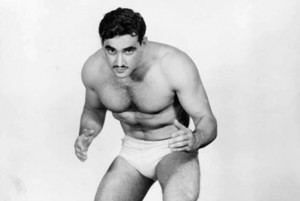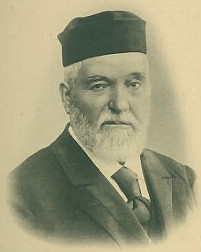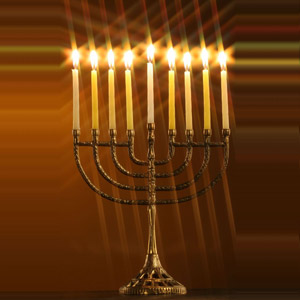Rafael Halperin (1924-2011) was born in Vienna, immigrating to Israel as a child along with his family who fled rising tensions in Europe. Despite living in Ultra-Orthodox Bnei Brak, and studying in yeshiva, Halperin was drawn to body-building and exercise. To everyone’s surprise, Halperin’s rabbi, the famous Chazon Ish – one of the greatest Jewish leaders of the last century – actually permitted Halperin to pursue his new passion! After learning the depths of the sport in the U.S., Halperin returned to Israel and opened The Samson Institute – Israel’s first chain of gyms and health clubs. He soon organized the first ever Mr. Israel contest, and drew the attention of a wrestling promoter. As a professional wrestler, Halperin earned the nickname ‘Samson the Second’. Among the most famous wrestlers at the time, he refused to throw matches or participate in match-fixing, which has always been the norm in wrestling. [Click here to see Halperin in action.] Amazingly, he was also the personal trainer for Ethiopia’s emperor Haile Selassie, the father of Rastafarianism. Halperin was adept in business, opening many restaurants and hotels across Israel, as well as the country’s first automated car wash. His greatest success was ‘Optica Halperin’, Israel’s largest chain of optical stores. To the last days of his life, Halperin was a businessman. A year before his passing, he opened ‘Zisalek’, Israel’s newest glatt-kosher ice cream parlour. Devoutly religious throughout his life, Halperin officially received his rabbinic ordination in the 1970s, and in his later years worked to develop a credit card that wouldn’t function on Shabbat. Oh, and he also started his own political party called Otzma, published several books including an encyclopedia, worked as a diamond cutter, was once Israel’s karate champion, and fought in the Yom Kippur War. What have you done lately?
Words of the Week
Everybody is a genius. But if you judge a fish by its ability to climb a tree it will live its whole life believing it is stupid.
– Albert Einstein



